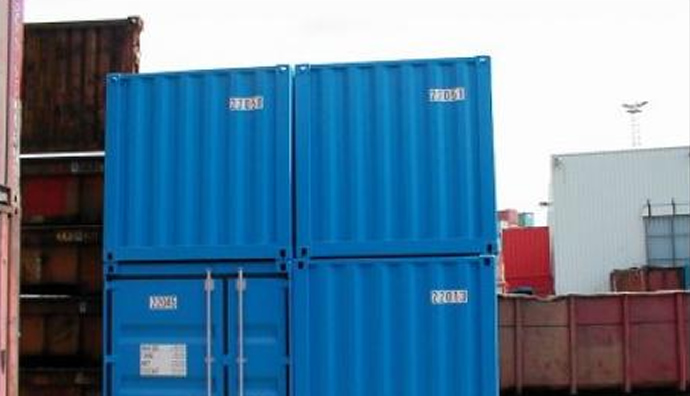
The report, which was released on Monday, noted that the total importation into the country stood at $3,376.01 million, higher than $1,132.65m recorded in Q1 2023 thereby indicating an increase of 198.06%.
When compared to Q4 last year, the national importation value rose by 210.16% from $1,088.48m.
This, the bureau said, owes to the high Portfolio Investment valued at “$2,075.59m, accounting for 61.48%; followed by Other Investment with $1,181.25m, accounting for 34.99%. Foreign Direct Investment recorded the least with $119.18m (3.53%) of total capital importation in Q1 2024.”
The NBS statement partly read, “The banking sector recorded the highest inflow with $2,067.44m, representing 61.24% of total capital imported in Q1 2024, followed by the Trading sector, valued at $494.93M (14.66%), and Production/Manufacturing sector with $191.92M (5.68%).
“Stanbic IBTC Bank Plc received the highest capital importation into Nigeria in Q1 2024 with $1,257.38m (37.24%), followed by Citibank Nigeria Limited with $547.71m (16.22%) and Rand Merchant Bank Plc with $528.73 (15.66%).”
Also, the report noted that “out of the three states that recorded capital importation during the quarter, Lagos State remained the top destination with $2,782.41m, accounting for 82.42% of the total capital imported. Abuja (FCT) followed with $593.58m (17.58%), and Ekiti State with $0.01m.”
– Top importation sources –
Nigeria’s capital importation during the reference period originated largely from the United Kingdom with $1,805.83m, showing 53.49% of the total capital imported.
This was followed by Republic of South Africa with $582.34m (17.25%) and the Cayman Islands with $186.21m (5.52%).





